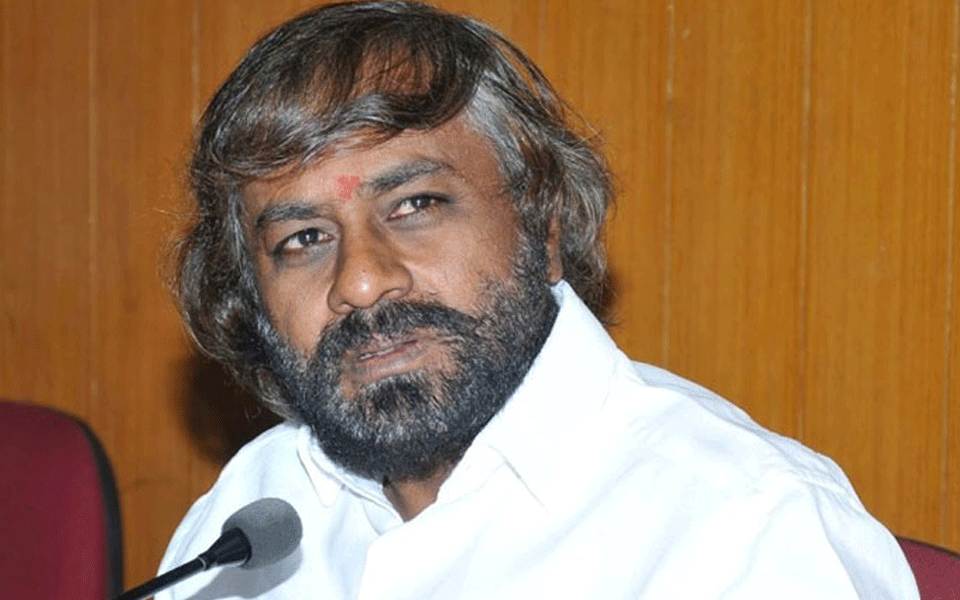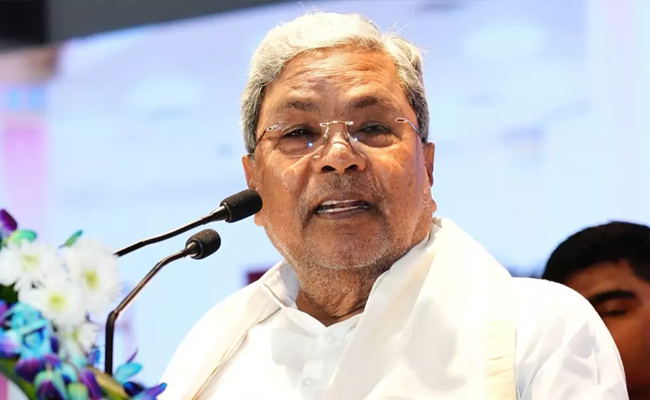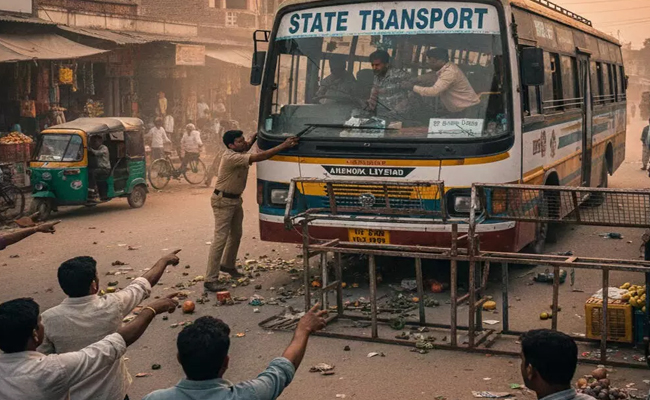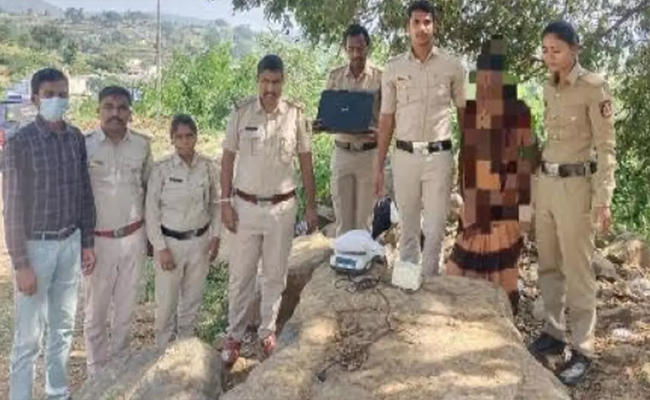Bengaluru, May 25: Karnataka Forest Minister Eshwar Khandre on Saturday said that the hospitality bill of Prime Minister Narendra Modi, who arrived in Mysuru in April last year to commemorate 50 years of Project Tiger, which runs up to Rs 80 lakh, will be settled amicably.
Following media reports that the hotel where the prime minister had stayed has threatened to find legal recourse to recover his dues, Khandre said he will try to resolve the issue amicably.
"The cost of the three-day event last year was Rs 6.33 crore. Out of this, Rs 3 crore had been received and still Rs 3.33 crore are due from NTCA," Khandre’s office quoted him as saying in a statement.
The minister said the stay at the star hotel cost about Rs 80 lakh.
ALSO READ: Mysuru hotel owner threatens to take legal action for non-clearance of Rs 80 lakh bill for PM’s stay
"When this programme was held in April 2023, the Model Code of Conduct for Assembly Elections was in force and therefore the state government was not involved. Neither was the use of the state emblem. It was a complete National Tiger Conservation Authority (NTCA) programme," he said.
The minister added that the officials of the forest department were in the committee formed locally to manage the hospitality in the wake of the prime minister's visit to the state.
He explained that NTCA had actually said that they would bear the entire cost of the programme.
"The NTCA has not paid this amount (hotel cost) even though the officials of our department have written many letters and spoke about this over the phone. Now the matter has come to my attention. I will try to resolve it amicably," Khandre said.
Let the Truth be known. If you read VB and like VB, please be a VB Supporter and Help us deliver the Truth to one and all.
New Delhi: Chief Minister Siddaramaiah on Sunday asserted that fascism would not be allowed to enter India “through the back door of vote rigging” and called upon citizens to collectively defend the country’s democratic foundations.
Speaking after participating in an anti–vote rigging protest organised in New Delhi, Siddaramaiah said the gathering was not merely a political demonstration but a stand to protect Indian democracy. “We have come to the heart of our republic not as Congress workers or voters, but as protectors of Indian democracy,” he said.
Emphasising the importance of the right to vote, Siddaramaiah said it was the most sacred right guaranteed by the Constitution and the very foundation of democracy.
“Through voting, a farmer shapes the future of his children, a worker safeguards his dignity, a youth realises dreams, and a nation expresses its collective will,” he said.
He accused the BJP-led Union government of attempting to undermine this right through what he termed systematic vote rigging, including the alleged misuse of the special revision of electoral rolls. “This power is being stolen repeatedly,” he alleged.
ALSO READ: Bantwal police arrest two men for illegal sale of narcotics, seize two vehicles, 810 gm ganja
Warning against authoritarian tendencies, Siddaramaiah said history had shown that dictatorship does not begin with violence but with the misuse of institutions and manipulation of democratic systems.
“Across the world, authoritarian regimes pretend to protect democracy while quietly subverting it. This is what the BJP is doing today,” he charged.
He alleged that the ruling party was controlling institutions, intimidating electoral machinery, distorting voter lists, suppressing voter turnout in opposition strongholds, and misusing money and power. “This is not mere maladministration. Vote rigging is an attack on the very idea of India,” he said.
Siddaramaiah further claimed that governments formed through “stolen votes” could not be considered democratic.
“Such regimes survive through fear, fraud and distortion of the people’s mandate,” he said, adding that vote rigging posed the biggest threat to the republic since Independence.
Praising Leader of the Opposition in the Lok Sabha Rahul Gandhi, Siddaramaiah said he had shown exceptional courage in exposing alleged irregularities in voter lists, booth-level manipulation and “systematic, organised vote rigging” across several states, including Karnataka, Haryana and Bihar.
Referring to Karnataka, Siddaramaiah cited Mahadevpura and Aland constituencies as examples highlighted by Gandhi. In Mahadevpura, he said, thousands of allegedly fake and fraudulent voter entries and discrepancies in electoral rolls pointed to a narrow BJP victory. In Aland, he said, attempts were made to remove the names of legitimate voters ahead of the 2023 Assembly elections.
ALSO READ: Chamrajnagar: Woman arrested for selling ganja atop Male Mahadeshwara Hills
He noted that a Special Investigation Team (SIT) had recently filed a chargesheet accusing seven persons, including a former BJP MLA and his son, of attempting to delete the names of around 6,000 voters in Aland.
“This is a significant legal step in the fight against vote rigging,” he said.
Siddaramaiah concluded by stating that the fight against vote rigging was rooted in constitutional morality, Ambedkarite thought and the core principle of democracy. “Sovereignty belongs to the people, not to any party, regime or those who seek to steal elections,” he said.





